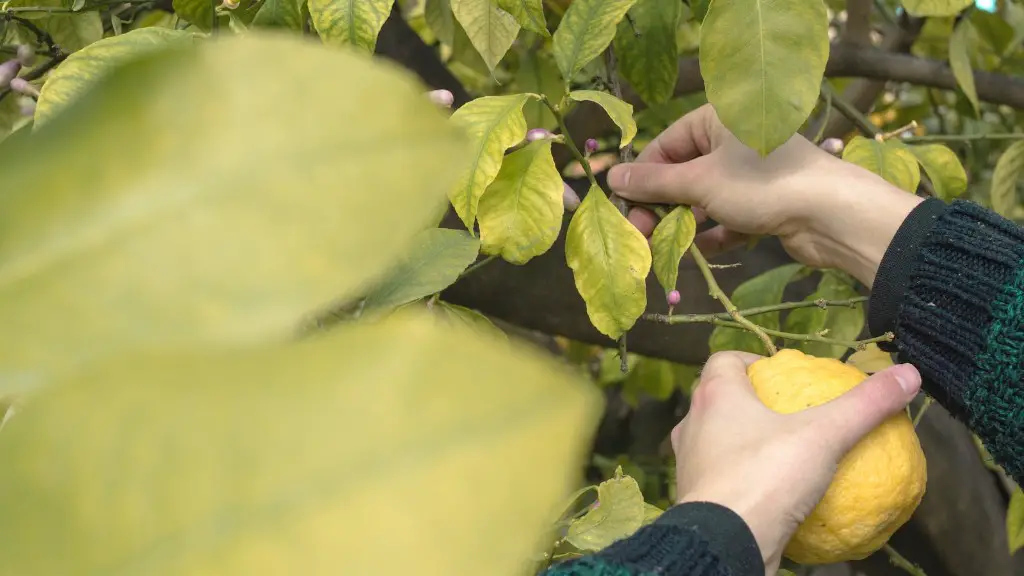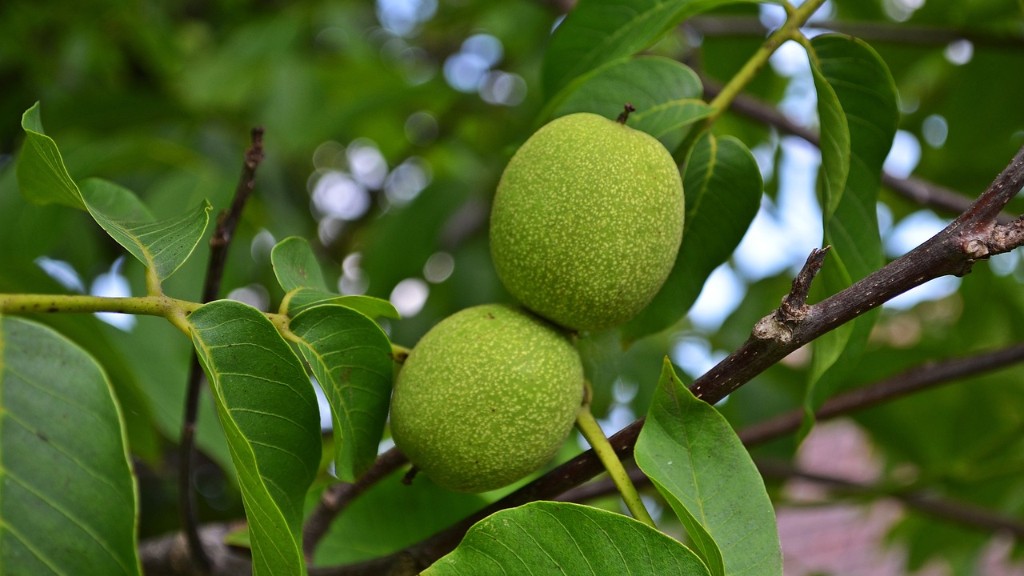Lemon trees are a great choice to include in a garden. They are a low-maintenance, drought-resistant evergreen, providing seasonal harvests of tangy fruits. They can also be used in a variety of recipes, adding a citrusy burst to savory and sweet dishes alike. With a wide range of available varieties, these trees can be acclimated to a variety of climates – making them a great choice for both home and commercial growers. To understand which is the best lemon tree for a given situation, there are a few things to consider.
The first consideration is whether to grow from a seeded lemon or from a grafted branch from an existing tree. Additionally, the type of lemon being grown should be taken into account, as some varieties are better suited to different climates and conditions. For a novice grower, a seedless lemon tree like Meyer lemons may be a good choice, as they are thought to be easier to cultivate. Grafted lemon trees grow faster and have access to a wider range of varieties.
When deciding which is the best lemon tree for a given situation it is also important to consider the climate of the area. Those in more temperate climates may have the ability to grow a range of varieties from the more popular common lemon to more exotic varieties like eureka and meyer lemons. In hotter climates, a hardier type, like a Lisbon or Femminello St. ‘EREMEL’ might do better. It is also important to take into account the size of the tree, as some varieties can reach heights of 20 feet, while others stay relatively small.
Those who are looking to grow a lemon tree should also take into account the type of soil they plan on planting the tree in.In dry climates, lighter soil will help to prevent the tree from drying out and a mulch of compost can be beneficial. It is also important to make sure that the tree is placed in an area with plenty of sunlight and air circulation, as this is essential for lemon trees.
Finally, it is important to provide lemon trees with the right amount of water, as they are prone to dehydration if they are not watered adequately. Over-watering should also be avoided, as this can be detrimental, leading to root rot and other diseases.
Fertilizing
Fertilizing the lemon trees is another important factor to consider. A balanced citrus fertilizer should be used with a ratio of 8-3-9, with micro nutrients also added for healthy growth. Additionally, organic fertilizers like coffee grounds, compost, and fish emulsion are a great way to boost the soil quality and nourish the tree. It is important to note to not fertilize in the winter, as this can cause a fertilizer burn.
Pruning
Pruning is a great way to keep lemon trees healthy and producing lots of fruit. By pruning a lemon tree it is possible to improve air circulation and reduce the risk of disease. Additionally, it can help to promote the development of the fruiting parts. When pruning, it is important to remove any dead or diseased branches and thin out any overgrown branches.
Pest and Disease Control
Like other fruit trees, lemon trees can be prone to disease and pest infestations. These can lead to dwarf growth and reduced yields. To avoid this, it is important to regularly inspect the leaves and branches of the tree and remove any pests early on. To reduce the risk of disease, good hygiene practices should be followed and blight, rust and mildew should be quickly treated with an appropriate fungicide.
Harvesting
The best time to harvest lemons is when they are still slightly green and have achieved their full size. Lemons can remain on the tree for up to a year without ripening, however, if left for too long the fruit can become dry and bitter. Once picked, lemons can be stored in a cool, dark place for up to two weeks.
Uses
Lemon trees are very versatile and the fruit can be used for a variety of purposes. This includes adding a zesty flavor to both sweet and savory dishes. In addition, the fruit can be used to make a refreshing drink, lemon curd, and even skincare products. The juice can be used as a natural cleaner and the fragrant scent of its leaves make it a great addition to any home.

